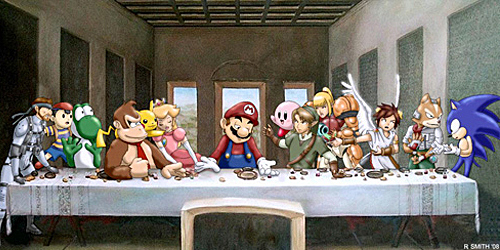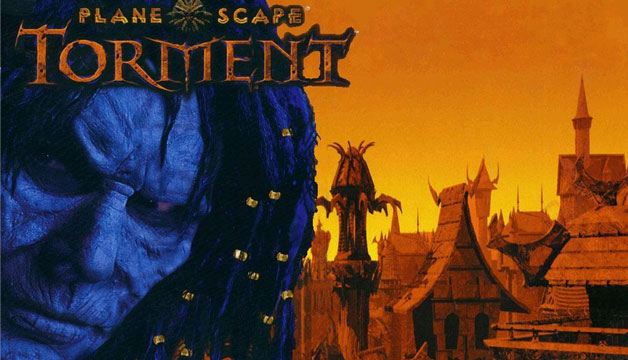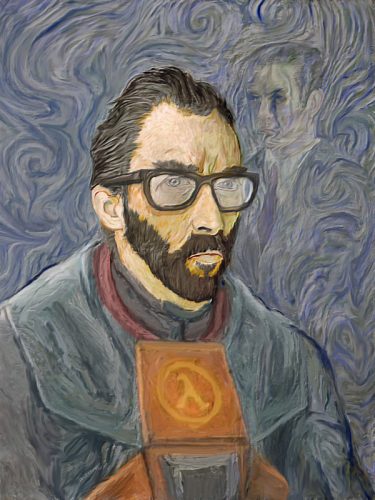Roger Ebert famously, in 2005, claimed that video games were and could never be art. I, along with many in those first generations who grew up with gaming as a core medium in our lives, vehemently disagreed and there were constant conversations on and offline on which games countered Ebert’s core claim. To many, it became a small obsession, this battle for the legitimacy for one of the great mediums. Because it is still so fresh, with old classics having nowhere near the pedigree of something like Nosferatu in film or practically any book, painting, or poem, video games have been easily dismissed. In many ways, the medium didn’t help itself by being primarily about tits and gore in its early infancy, but that has obviously changed.
Well, a little.
Ebert continued to argue about the artistic value of video games as an experience until his death. He tried a couple of games recommended to him by counter-critics, but was hampered by an unwillingness to invest twenty plus hours into an experience. Which I can understand: I don’t think I’d be willing to admit that Coronation Street is worthwhile if I was expected to watch forty episodes to be allowed to come to that conclusion.

His arguments, along with those of many other, came down to matters such as whether industrialised studios could produce art. And there are interesting points to be made about collective art: when you have a team of hundreds, can anyone claim to be the auteur of a game? Perhaps in some studios, where the likes of Hideo Kojima front a game and make the core design decisions, approving and encouraging the work of all those beneath them. But then, isn’t this the same role that a director has on a film set? If a good Director of Photography elevates a Director’s work, can we credit the DP for their craft or the Director for their vision? Or both?
The counter to questions of collective art would be those video games that have been produced by one person only. Papers Please, Dust: An Elysian Tale are examples of incredible experiences made by a single creator. Papers Please in particular is brilliant in creating positive ludonarrative dissonance, where the story put before you and the gameplay clash, creating heart-rending moments when you reject desperate refugees because you cannot afford more fines if you are to pay for your family’s medicinal needs.
And that is just assuming the inherent validity of Ebert’s original argument. Even Ebert himself conceded in that previously linked article, that gamers could have experiences that were akin to art. At such a point, you are getting into semantics about what constitutes art at some basic level, appealing to the authority of dictionary definitions and other potentially fallacious arguments.
Regardless of Ebert’s view, video games are now considered an art form. The craft of forming a brilliant game is separate from the artistry of making a moving experience. Dear Esther is a terrible game, being a forerunner of the so-called ‘walking simulator’, but I found it a touching endeavour to ‘play’ through, experience the story and emotions it wished to convey. Ever since games like Final Fantasy VII and Planescape: Torment, gamers have talked about gameplay and experiences whilst playing separately, and there ought to be few who can argue with this.

Video games are one of the biggest entertainment industry, overshadowing films, television, and music. Not only that, but most people now can point to video games that have moved them. Whether it be Silent Hill 2 creeping you out beyond measure or Gears of War 3 (somehow) having the saddest moment in video games history, video games are talked about as much in terms of technical achievements as narrative and emotional ones.
And yet there are people who seem to long for the days before video games were considered to have artistic merit. Because accepting legitimacy means accepting criticism.
Video game critics have been around for as long as video games have, but they primarily talked about whether a game was fun or technically proficient in the early and mid-years of the industry. Graphics, sound, and gameplay were key. Story was viewed as vestigial or a surprising bonus. Let alone talking about tone, atmosphere, or emotional impact.
But now that games have wormed their way into the mainstream, they have to be held to a higher standard. The Bechdel Test has existed for film criticism since 1985! Once we and the industry convinced everyone that games can be art, people started to view them as such. Both positively and negatively. Story, themes, tone, and treatment of characters became fair grounds for criticism. Video games are now held to a higher standard because they can be great works of art. And so the social progress that crawls along weakly in other mediums became expected in video games.

Some people still lose their minds over basic critical theory being applied to video games. But it is too late. The world has accepted video games. You can be as anti-hipster as you want, saying you were into video games before it was cool (which you would need to be *at least* forty years old to claim), but hard work from creators and creatives who saw the potential in video games has paid off.
Video games are art now. Art is subject to critique. Like films, games can be read, and conclusions in their treatment of characters, both in a single game and across genres, even the industry as a whole, drawn.
There is no going back. You cannot love Spec Ops: The Line for making a statement about the nature of warfare by playing with a player’s expectations and forcing them to commit atrocities but froth at the mouth when people point out that ‘she breathes through her skin’ is a stupid, stupid, stupid justification for objectification. They are sides of the same coin.
We won. This is a great thing. Video games will only get better for this. Just accept it. You’ll still get games built purely for fun, but there are now games available for others who seek more. The industry is better for this: it is elevated every time a new creative enters with a fresh perspective. I mean, come on, the next God of War game looks like it will explore themes of fatherhood and intergenerational relationships! As long as the gameplay doesn’t suffer for it, this is far better than it being a kill murder spree.
Video games are art now. Get used to it.


